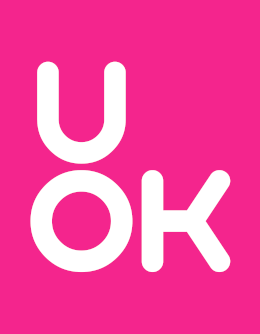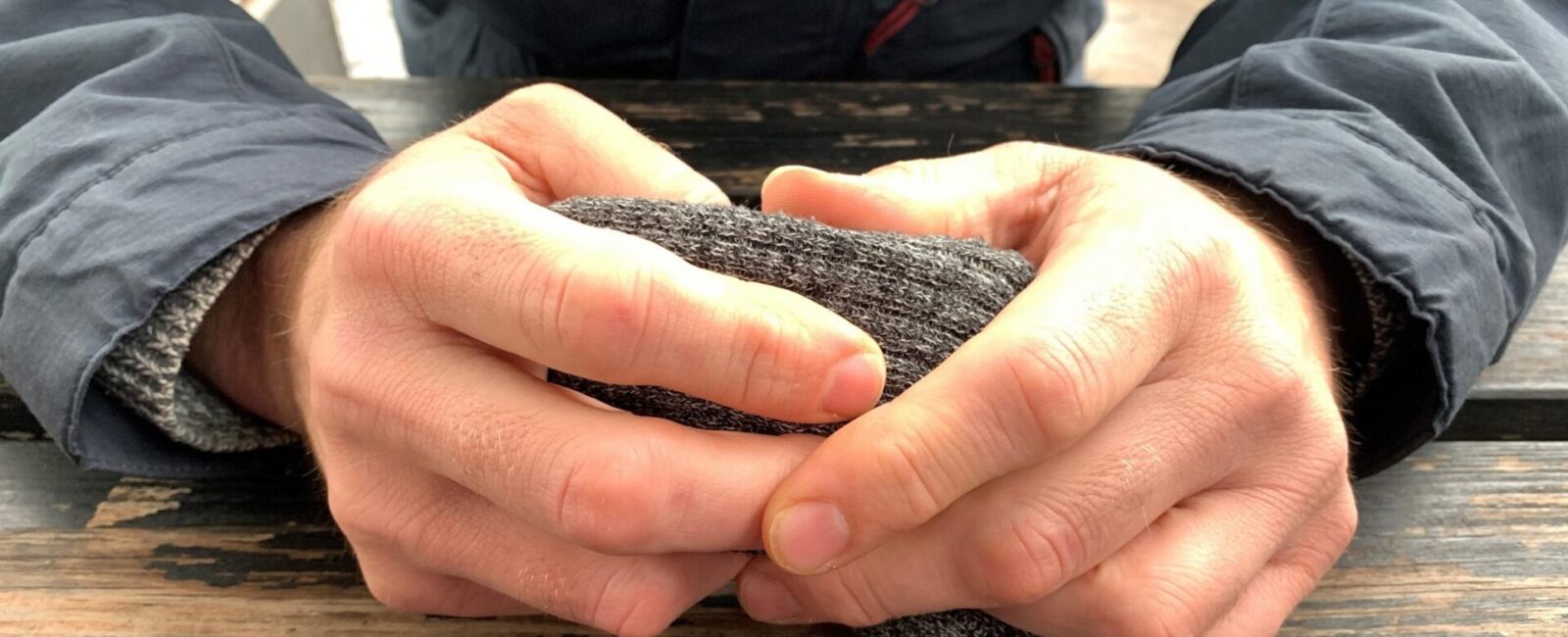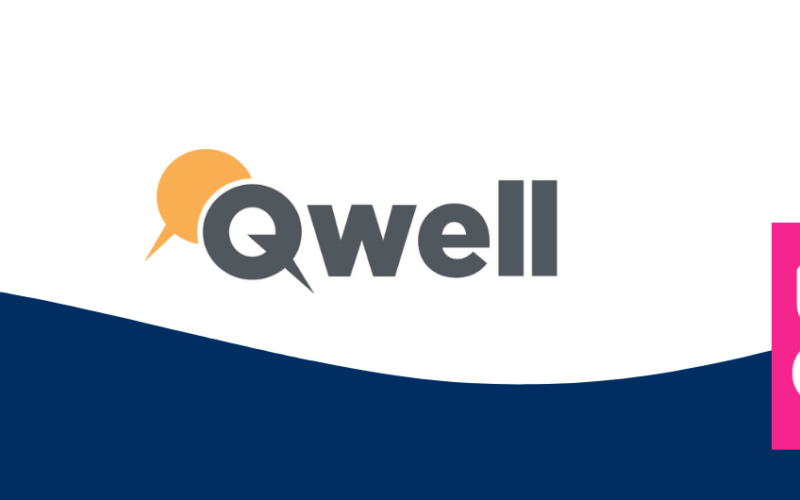Support from Money Advice Plus was the biggest relief I felt in a long time. It has stopped me being homeless. It has enabled me to continue living as normal a life as I can whilst I’ve got a spinal injury.
I first saw my Support Worker when I was in a psychiatric unit. She helped me apply for Universal Credit and PIP (Personal Independence Payment) – I would not get what I’m getting now without her help. She’s amazing.
We had one-to-one sessions where we would talk through my situation, what I needed help with, and she’d ask me the questions on the forms and fill them out on my behalf. She also supported me after I left hospital.
They were the most natural appointments I ever had. I knew she cared and I one hundred per cent felt like I was treated as an individual person, one hundred per cent.
In September 2019, I suffered a major spinal injury which led to loss of employment whilst I was recovering. This in turn led to a severe mental health decline over the space of approximately two weeks where I attempted suicide about fifty times.
It got to the point that I said to the mental health hospital that they needed to admit me or I would end up killing myself because I couldn’t keep myself safe. Thankfully they listened to me. It was a 23 hour assessment unit but I stayed there for four days which then led to an admission to the psychiatric unit. When they told me they’d accepted me I broke down. It was an overwhelming relief that I was going to be okay.
I have had a history of mental health challenges since I was a four. When I was admitted in 2019, I was diagnosed with Emotionally Unstable Personality Disorder (EUPD). The easiest way for me to describe it is to think of walking up a hill. A normal person will walk up to the top of the hill and then walk down, whereas people with EUPD will go up and down and up and down the whole time.
The label with this condition doesn’t always help people, but I’d rather have the label and understand it. It’s opened up so many avenues that wouldn’t be there if I didn’t have a diagnosis. I’m 23. I feel like I should have been given it at about 12. It would have made my school years a lot easier because people would have understood what was going on in my head at the time and I could have accessed support.
Because I have a diagnosis I can now access the group therapy work and courses run by the East Assessment and Treatment Service (ATS) Mental Health Team at Brighton General Hospital. East ATS has given me the tools to understand my diagnosis and how it can affect my day-to-day life.
Before I went to hospital, I lived in a young person’s accommodation in a shared house. I loved it. My tenancy was kept open whilst I was admitted but when I was discharged I had to go into higher supported accommodation. That was difficult.
It was a fifteen bed house and I had to share communal spaces. It was very emotionally draining.
When you’ve gone from no emotional support to extremely high support in hospital it’s so intense. Every day you are pressured to talk about your mental health – being in a unit is not for the faint-hearted. I have no recollection of my first month there. And then I was put into high support accommodation when I came out. I needed a break! I needed that time to process what I’d learnt in hospital.
I’ve just been diagnosed with Functional Neurological Disorder (FND). It basically means parts of my body paralyse themselves subconsciously. I haven’t been able to feel my left leg for the last ten and a half months since my injury. It’s a lifelong condition I have to manage.
I’m bed bound about ninety per cent of the time. You just get on with it, don’t you? I’m learning to deal with it. I do go out for shopping. I am determined! It’s important when you’re dealing with mental health to try and push yourself as otherwise you just spiral.
The current status of the world definitely helps – I think lockdown has kind of made it easier. If the world was in its normal state I’d be craving go back to work, but the psychological drive to get back out there isn’t so strong.
Since the pandemic, all of my sessions with Money Advice Plus were over the phone.It was harder. I’m more of a face-to-face person but you do what you got to do. The sessions were more of a check-in once lockdown had started. My support has now ended but I can contact them again and they can reopen the case if I need help in the future.
Money Support has made my life a lot easier. It’s made me not have to worry about money. I don’t have to worry about where or when my next meal is coming from. Getting PIP has transformed things. I have no idea how people live on Universal Credit and Universal Credit alone. It’s nothing. Before I got PIP I didn’t know how I’d survive a week, let alone a month.
I’ve earnt since I was 18. I was working seventy to ninety hours a week for a security company. I loved it. I didn’t have to worry about money then. Coming down from that was a massive crash.
Over the last year I’ve learnt to think more about the future. Work is a big motivator for me. I want to go back to work. If I was physically able, I’d go back tomorrow.
I have a physical health condition which is very unpredictable so it forces me to think day by day because I don’t know what will happen, but from a mental health perspective I can think about the future quite heartily now.
I want people to know that however hard it is to make the first step, and it will be the hardest step you make, it will be the best thing you do.
Money Advice Plus offer debt and welfare benefit advice, specialising in working with clients who find it difficult to access mainstream advice services, and seek to deliver their services in a way that is accessible to anyone needing them.


